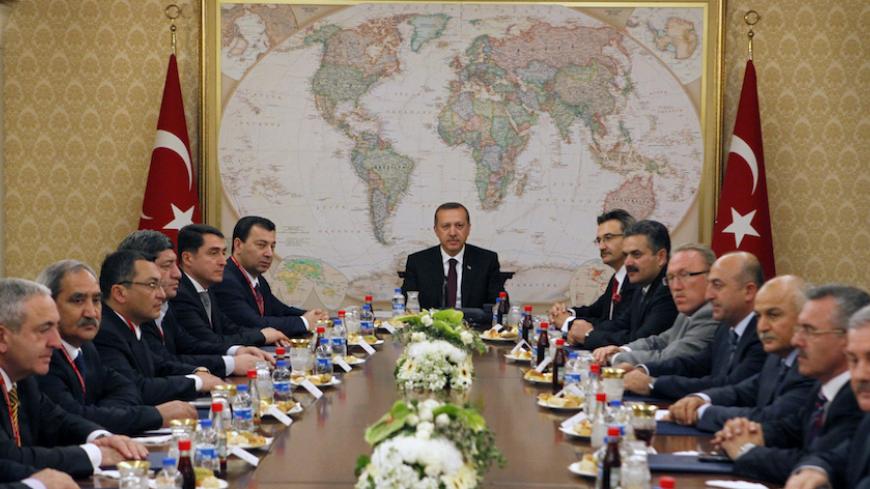While world leaders recalled the deportation and mass murder of Ottoman Armenians a century ago that many define as genocide, others recalled on or about April 24 a lost opportunity that could have been the start of a reconciliation between Turks and Armenians: the “football diplomacy” that began between Ankara and Yerevan in 2008, and subsequent “protocols” the two capitals signed in Zurich in October 2009.
Had that “Armenian opening” worked out, Turkey and Armenia would have an open border and diplomatic relations. Moreover, there could even be some convergence in the two nation’s utterly opposite perceptions of history.



